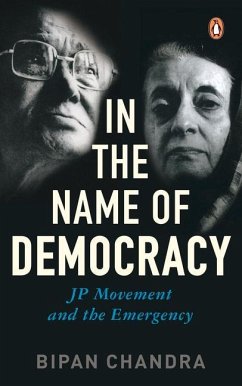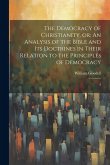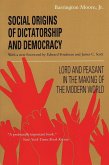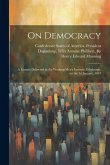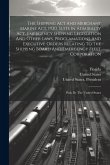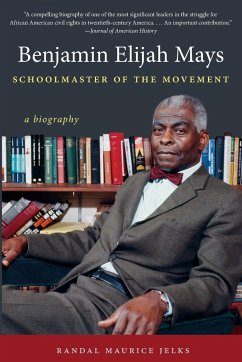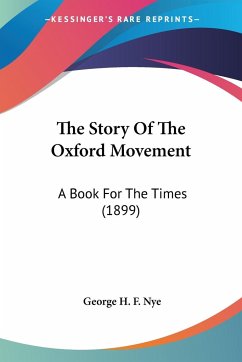An unusual and insightful perspective of Indian democracy's dark hour 'When Jayaprakash Narayan, the leader of the JP movement in north India, pressed for the resignation of Prime Minister Indira Gandhi, it prompted her to impose internal Emergency. In this fascinating account, Bipan Chandra traces the events that led up to this moment and makes some startling revelations. He finds that there was a real danger of the JP movement turning fascist, given the fuzzy ideology of Total Revolution, its confused leadership and dependence on the RSS for its organization. At the same time, despite the authoritarianism inherent in the Emergency, particularly with the rising power of Sanjay Gandhi and his Youth Congress brigade, Indira Gandhi did end it and call for elections. Finely argued, incisive and original, this book offers significant insight into those turbulent years and joins the ever-relevant debate on the acceptable limits of popular protest in a democracy.

